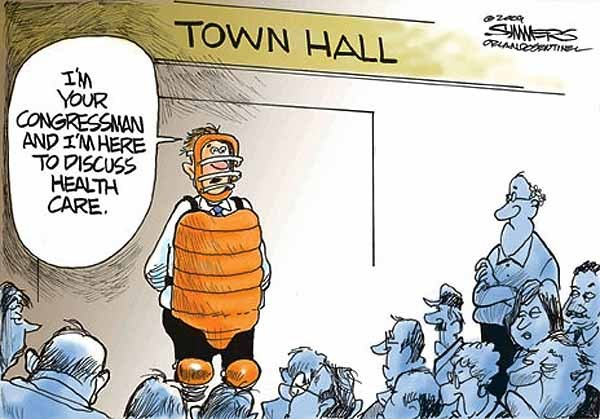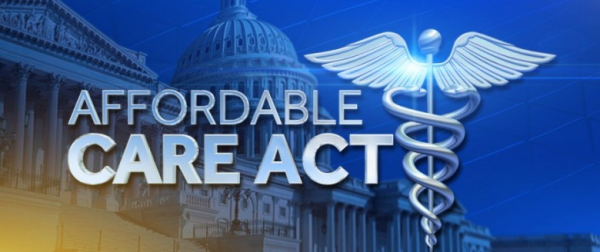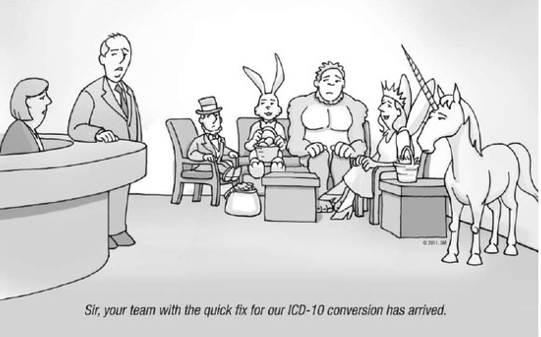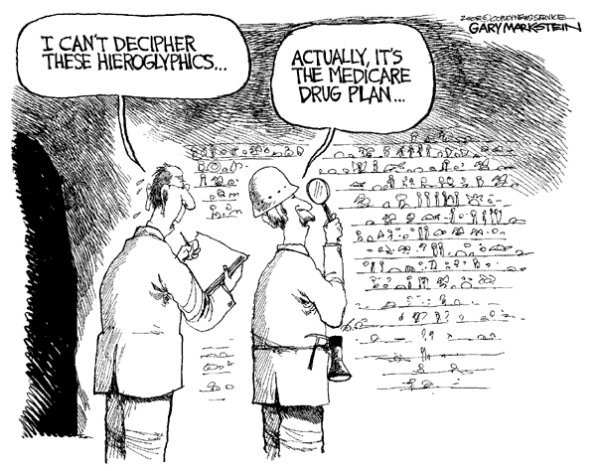On Tuesday, March 4, the Office of Management and Budget (OMB) released the President’s budget for Fiscal Year (FY) 2015. This budget is not a binding document and will likely result in no real action. The President’s budget is considered an indication of the President’s priorities for the upcoming fiscal year. It is important to understand the budget because certain provisions of it may be included in future proposals and legislation.
Medical Billing Blog
Proposed Fiscal Budget 2015 - A Healthcare Analysis
March 23rd marked the four-year anniversary of enactment of the Affordable Care Act (ACA). Most of the past four years have been spent developing the infrastructure and refining the policies to implement the law. Implementation began on October 1st, 2013, when the first open enrollment period went live. Now, as the first open enrollment period comes to an end, it seems like an appropriate opportunity to examine the state of the ACA as “phase one” comes to an end.
MedPAC Submits March Annual Report to Congress
The Medicare Payment Advisory Commission (MedPAC) is required by law to annually review Medicare payment policies and make recommendations to Congress. Consistent with previous Reports, MedPAC’s recommendations address long term concerns with increasing healthcare spending and short term concerns with various Fee-For-Service (FFS) policies.
The United States Senate has joined the House of Representatives and passed legislation to prevent a 24% cut in physician fee schedule payments from occurring today as previously scheduled. Instead, Medicare physician fee schedule payments will continue to be paid as they have been for the past 3 months. Although the legislation must be signed by the President in order to become effective, the President has indicated that he will sign this legislation once it reaches his desk.
Yesterday, by a voice vote, the House of Representatives passed legislation postponing the 24% physician fee schedule cut slated to take effect on April 1, 2014. However, the legislation went well beyond just temporarily fixing the SGR problem, it also made a number of other changes that will have long-lasting implications. A listing of those changes is at the end of this message.
Permanent 'Doc Fix' May Be On Hold As House Passes Short-Term Patch
MARY AGNES CAREY: Welcome to Health on the Hill. I’m Mary Agnes Carey.
CMS: No ICD-10 Delay; AMA - It Costs too Much!
The AMA has asked the Department of Health and Human Services to reconsider mandating the switch to ICD-10 on October 1, 2014. In remarks delivered February 27th at the 2014 HIMSS Annual Conference in Orlando, Florida, CMS Administrator Marilyn Tavenner publicly rejected that call. “There are no more delays and the system, will go live on Oct 1.” Tavenner said.
Proposed Medicare Part D Changes Are Postponed
The Obama administration has dropped plans to change the Medicare prescription drug program amid criticism from industry, patient advocacy groups and lawmakers that the changes would limit seniors’ access to certain medications and choice of plans. CMS Administrator Marilyn Tavenner wrote in a letter to Congress Monday that she was shelving changes proposed in January that could have loosened the requirements that Medicare Part D insurance plans cover a broad range of drugs in six “protected classes” of medications. Since the start of Medicare’s prescription drug benefit in 2006, the government has required insurers to cover “all or substantially all” drugs in six treatment areas. The administration proposed in January to lift the requirement for three types of medications: immunosuppressant drugs used in transplant patients; antidepressants; and antipsychotic medicines, used to treat schizophrenia and certain related disorders. Medicare officials had said the proposal would have saved money and reduced the overuse of drugs.
On February 6, the House Ways and Means Committee, House Energy and Commerce Committee, and Senate Finance Committee introduced a bi-partisan/bi-cameral bill to repeal the Medicare Sustainable Growth Rate (SGR) effective April 1, 2014. H.R. 4015. The Medicare Provider Payment Modernization Act consolidates three previously passed bills by each committee into a single framework to repeal and replace the flawed SGR.
Major Spending Cut Proposed For Medicare Advantage
The Obama administration is proposing a major cut in 2015 payments to Medicare Advantage. An annual notice released Friday after the markets closed would reduce Medicare Advantage spending by 3.55 percent. The CMS based its projections, which will differ across the country based on a variety of factors, on an expected 3.55% decline in the Medicare Advantage growth rate factor and an expected decline of 1.65% in per capita expenditures in the fee-for-service portion of the senior citizen healthcare program. The annual rate adjustment — which is only one of the payment changes — is calculated through a complicated set of formulas, and analysts were still sorting out the 148-page proposal that CMS released late in the afternoon to assess the total impact on the increasingly popular program for seniors. The cut is bigger than the industry expected, given estimates the government provided in December. Last year, the administration proposed 2.2 percent in cuts for Medicare Advantage plans. After a six-week campaign that included paid advertising inside the Beltway and beyond, and letters from at least 160 supportive lawmakers from both parties, CMS reversed a key assumption that had long been built into its estimates and instead put forward a 3.3 percent growth rate. According to a new analysis from consulting firm Avalere Health, enrollment in Medicare Advantage plans rose in 2014 by 8.9 percent to 15.9 million enrollees, up from 14.6 million in 2013. Approximately 30 percent of Medicare beneficiaries are enrolled in the plans, which are offered by private insurance companies.



















